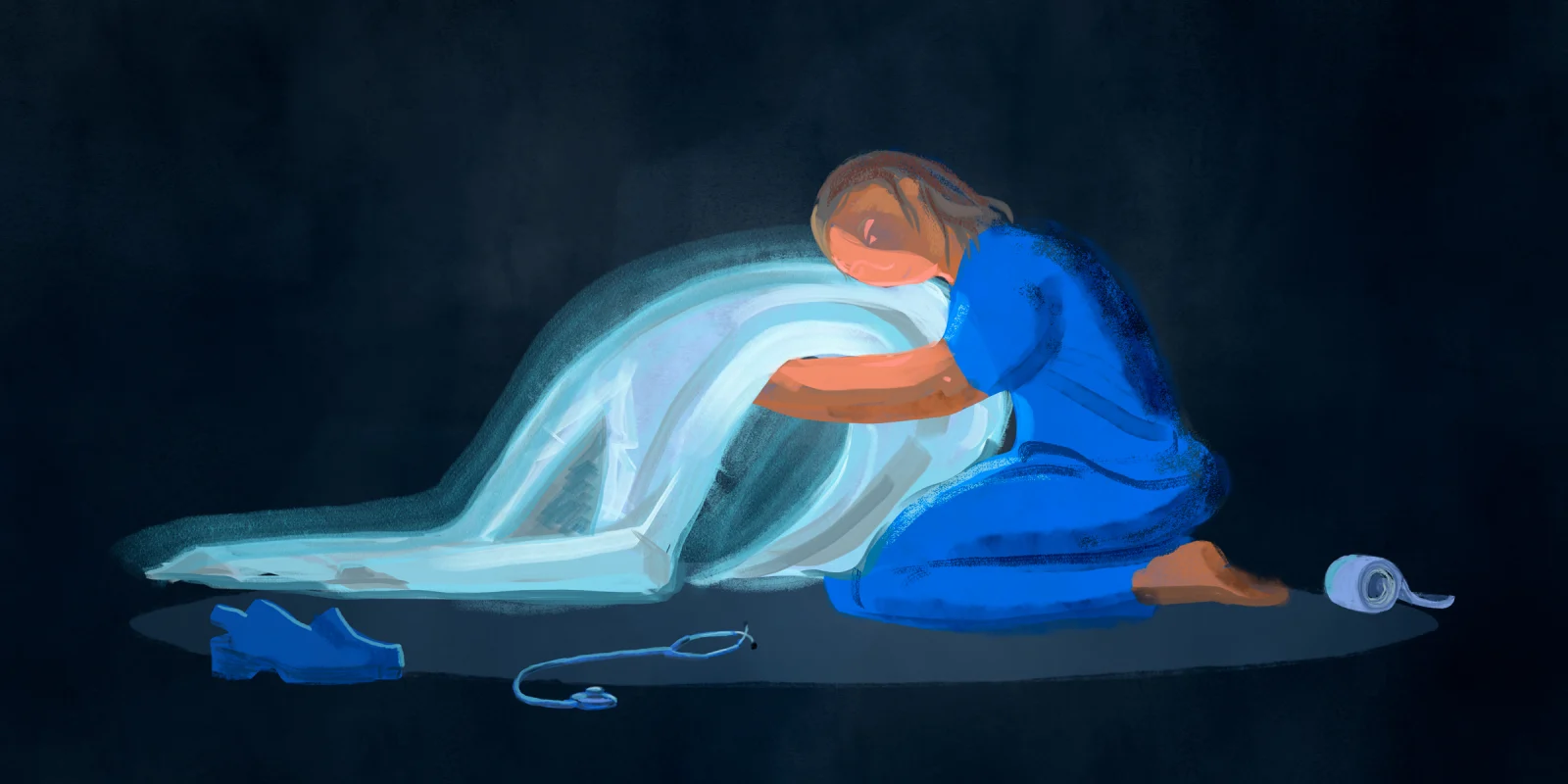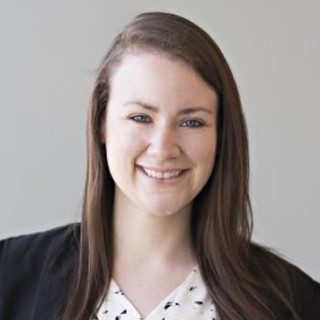I fell out of love with medicine in June 2020.
But now, as my city and the country start to reopen — and as vaccination rates and immunity rise and physicians’ collective stress levels fall — I am finally finding joy in the workplace again.
About 365 days ago, I would wake up every morning, anxiously refresh my computer, and look at the number of patients with COVID-19 in my hospital. First, there was one. Then there were 50, then 100, then 200, and then eventually, it reached a point where I could not bear to look anymore. Some days, it felt like every one of those patients took a small part of my soul merely by existing — a representation of the loss of control that I felt becoming greater every day.
With this came a deep fear of the unknown and a loss of everything that felt familiar and normal in the workplace. The pandemic grabbed a hold of Boston during the final months of my internal medicine residency, theoretically already one of the most grueling experiences a resident can have. However, the pandemic took us to unimaginable places, and as we began to put more and more layers between us and our patients — masks, gowns, gloves, goggles, face shields — I also began to put a mask around my soul.
The death felt relentless, the work was grueling, and the conversations about what it means to be intubated, resuscitated, and on life support never-ending. I began to feel distanced from a career that meant everything to me, lost in a routine of isolation that made patients the vector of a disease we did not understand.
I was always one of the lucky ones in my training program. I loved every single day of my residency. Whether it was placing urgent central venous catheters in the ICU or rounding on patients for hours, the routine parts of my job brought me joy. Patients — people — have always been my passion, and they were the impetus that brought me to this career later in my life.
As such, I have never taken for granted the immense privilege of having a front row seat to patients’ lives. Whether it was bearing witness to the dark sorrow that comes when a loved one slowly slips away or sharing the joy of a treated cancer or cured infection, we are welcomed into the lives of strangers in a deeply intimate way — an honor that is difficult to articulate.
The pandemic opened my eyes to a different relationship with this career that meant everything to me. I began to feel unfamiliar pangs of dread when I walked into the hospital. Patients felt like templates, as we copied and pasted the same plan over and over each day.
COVID-19 pneumonia. COVID-19 pneumonia. COVID-19 pneumonia.
I watched multitudes of patients ushered to the ICU, some of whom never breathed, walked, or lived again, and distance became the only thing that could save me. Troubled by an outside world that denied my day-to-day work, ashamed of former acquaintances who could not acknowledge the pandemic we were facing, I began to internalize the suffering, and with that, my soul crumbled.
I entered this field as an empath, feeling my patient’s sorrows with them, walking the hardest days of their journey by their side, but that comes with the sacrifice of deep emotional investment.
To save myself, I fell out of love with medicine.
Like a marriage reaching its final days, the routine no longer brought me joy. The small things caused extreme frustration: the ring tone from my pager, the endless Zoom family updates, the documentation, the isolation. Some call it burnout, but to me that word barely scratches the surface of the sorrow I felt at losing a career that once brought me so much joy.
I reflected deeply in those months on the concept of medicine as a calling and not simply a profession. I always identified with the former group, and to an extent, remembering that helped sustain me on the darkest days. What an opportunity to care for patients in one of the stormiest nights in the history of our profession, I would tell myself.
Then, slowly, we started to catch glimpses of hope in the workplace. I cried in December 2020 when one of my favorite nurses watched over my vaccination. Gradually, we began to admit patients to the hospital who would proudly brag about their vaccine status. The deaths slowed, the admissions decreased, and whispers arose of things going back to the way they were in the “before times.”
Internally, I was still ravaged, wrestling with the unequivocal losses I felt surrounding my work. Eventually, however, visitor policies loosened, and I started spending extended periods of time talking with my patients and their families again. The masks stayed, but the barriers between our treatment teams and patients began to lift. The days felt less arduous, the nights brought less terror.
The loss and sadness turned into reflection; there are names and faces I will certainly never forget. I continue to avoid walking past certain hospital rooms, one in particular where we intubated a patient the last time she ever spoke: “I’m scared, Dr. McFadden,” she said. “I’m so scared.”
Inspired by the strength of my colleagues and with the hope of national recovery, I have slowly started to find myself again. The joy is returning, though I am certain I will never be the same again. The trauma has made me a better clinician, more aware of suffering, having now suffered what feels like soul-wrenching trauma deeply myself.
I walked in to work this week and was happy to be there for the first time in a long time. It feels good to be back.
Have you ever fallen out of love with medicine? How did you find your way back? Share your experience in the comment section.
Kathleen McFadden, MD, is an Instructor in Medicine at Massachusetts General Hospital, in Boston, Massachusetts.
Illustration by Jennifer Bogartz







